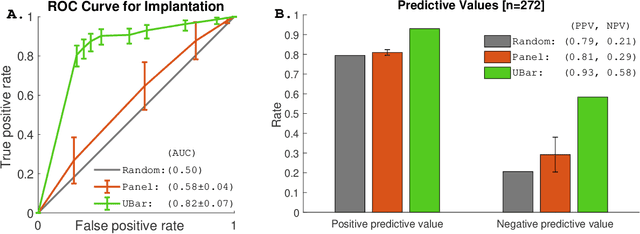David H. Silver
Taskmaster Deconstructed: A Quantitative Look at Tension, Volatility, and Viewer Ratings
May 05, 2025



Abstract:Taskmaster is a British television show that combines comedic performance with a formal scoring system. Despite the appearance of structured competition, it remains unclear whether scoring dynamics contribute meaningfully to audience engagement. We conducted a statistical analysis of 162 episodes across 18 series, using fifteen episode-level metrics to quantify rank volatility, point spread, lead changes, and winner dominance. None of these metrics showed a significant association with IMDb ratings, even after controlling for series effects. Long-term trends suggest that average points have increased over time, while volatility has slightly declined and rank spread has remained stable. These patterns indicate an attempt to enhance competitive visibility without altering the show's structural equilibrium. We also analyzed contestant rank trajectories and identified five recurring archetypes describing performance styles. These patterns suggest that viewer interest is shaped more by contestant behavior than by game mechanics.
Data-Driven Prediction of Embryo Implantation Probability Using IVF Time-lapse Imaging
Jun 02, 2020
Abstract:The process of fertilizing a human egg outside the body in order to help those suffering from infertility to conceive is known as in vitro fertilization (IVF). Despite being the most effective method of assisted reproductive technology (ART), the average success rate of IVF is a mere 20-40%. One step that is critical to the success of the procedure is selecting which embryo to transfer to the patient, a process typically conducted manually and without any universally accepted and standardized criteria. In this paper we describe a novel data-driven system trained to directly predict embryo implantation probability from embryogenesis time-lapse imaging videos. Using retrospectively collected videos from 272 embryos, we demonstrate that, when compared to an external panel of embryologists, our algorithm results in a 12% increase of positive predictive value and a 29% increase of negative predictive value.
 Add to Chrome
Add to Chrome Add to Firefox
Add to Firefox Add to Edge
Add to Edge